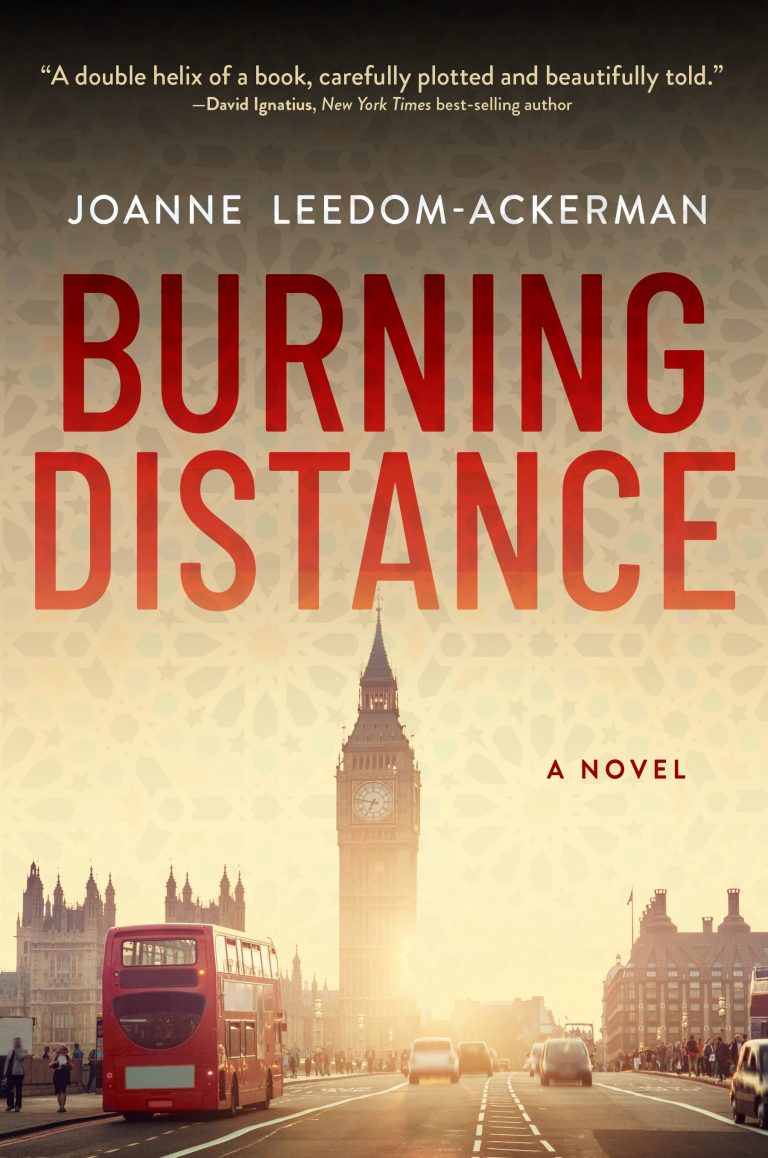Journalism
Selected Articles
“For Syrian refugees in Lebanon, a drive to build community amid pressing challenges,” The Christian Science Monitor, February 27, 2017
I remember Syrian children living by a garbage dump near a cement factory where their parents did menial labor when I visited Lebanon three years ago. I remember those living in an unfinished shopping mall with open storefronts, several families camped in a space supposed to be a shop, except that the developer had run out of money and never finished the building. Now he could collect rent from the refugees.
“In Turkey, a show of solidarity with writers behind bars,” The Christian Science Monitor, February 3, 2017
Snow was falling outside Silivri prison as we drove up the road bordered by high wire fences. A senior delegation of PEN International from Europe, North America, and the Middle East had come to Turkey in solidarity with the more than 150 Turkish writers and publishers now in prison. The majority of these were incarcerated behind the walls of Silivri.
“The end of Ramadan brings no pardon for poets,” GlobalPost, August 1, 2014
Eid — the end of Ramadan — has come and gone. Traditional pardons have been handed out. In Qatar, poet Mohammed al Ajami (Al-Dheeb), was not among them. He continues to live in a prison in the desert, serving a 15-year sentence for two poems, one praising the Arab Spring and the other critical of the Emir.
“In Qatar, calls for release of prisoners come with the start of Ramadan,” GlobalPost, July 1, 2014
I am not a Muslim, but I am focused on the arrival of Ramadan this year. The month-long observance began this weekend for 1.6 billion Muslims around the world. A time of fasting, increased prayer and charity, Ramadan is also a time when governments of Islamic countries grant amnesties to citizens and to those in prison.
“Tunisia could be the first Arab Spring success. But it’s not there yet.” The Christian Science Monitor, May 27, 2014
In Roman times wild animals paced beneath Tunisia’s El Jem colosseum, ready to spring into mortal combat with gladiators – usually slaves fighting for their lives and sometimes freedom – as an audience looked on. Recently I paced the floor of this same amphitheater, trying to imagine its history – and future.
“The start of winter brings new dangers for Syrian refugees in Jordan,” GlobalPost, December 4, 2013
The conflict in Syria is only eight miles away from the residents of Za’atari, the second largest refugee camp in the world. They can sometimes hear the explosions, according to one humanitarian aid worker, who noted that the proximity to the border and the conflict adds to the insecurity in the camp.
“Qatar: A poet sits in a desert cell for reciting his work at home,” GlobalPost, November 1, 2013
We stood outside the guard house in the desert wind on the outskirts of the city. Doha Central Prison rose on the horizon of a barren, rock-strewn landscape, electric wires cutting across a cloudless sky. We had been told we had permission to visit Qatari poet Mohammed al-Ajami, whose 15-year sentence for two poems had been confirmed the previous day by the high court.
“On its 60th anniversary, China is still crushing freedom,” The Christian Science Monitor, October 1, 2009
The People’s Republic of China celebrated its 60th anniversary today with massive military parades, fireworks, and concerts throughout the country. In mid-November, President Obama will make his first presidential visit to Beijing, marking the 30th anniversary of Chinese-US relations with an agenda likely to include the environment, security, and the global economy.
“Turkey can avert a tragedy on the Tigris,” The Christian Science Monitor, August 26, 2009
In the southeastern corner of Turkey near its borders with Iraq and Syria, environmentalists, human rights organizations, and archaeologists recently won a battle in the effort to avert a cultural tragedy.
“Portal to Antiquity-Hasankeyf, Turkey,” World Literature Today, July-August 2009.
On the banks of the Tigris River, where the brown water slowly winds through canyons and past lush green plains, sits Hasankeyf. Carved into the hills in the southeastern section of Anatolia near the Iraqi and Syrian borders, Hasankeyf may be the oldest continuous settlement on earth, according to archaeologists, who date it back at least ten thousand years.
The intensifying battle over Internet freedom,” The Christian Science Monitor, February 24, 2009
Eleanor Roosevelt never imagined the Internet.
“Exorcising the Ghosts of a Nation,” The Los Angeles Times, July 6, 2003.
At the confluence of the Tigris and Euphrates rivers where civilization began, men fish from small boats and boys swim in polluted brown waters.
“Iraq’s future—soccer balls?” The Christian Science Monitor, June 23, 2003.
The future of Iraq may in part depend on soccer balls, jump ropes and volleyballs.
“Status: The Kosovo Issue That Just Won’t Go Away.” The Los Angeles Times, March 4, 2001.
Via the Internet, cell phones, satellite dishes and members of the burgeoning international community who arrived after the war in 1999, Pristina is connected to the world.
“New Hope in Turkey?” The Christian Science Monitor. November 18, 1999.
Hope springs from stony soil in Turkey. It does not bloom easily among the hundreds of writers and human rights advocates who have been sent to prison for their words over the last two decades.
“Writers Behind Bars: PEN Writers in Prison”, AWP Chronicle, Summer, 1998.
One of the first ex-prisoners I met when I took over as Chair of International PEN’s Writers in Prison Committee was a journalist from the Maldives. He had come to London, as many ex-prisoners did, to be treated for the torture he endured in prison. He had been sentenced to two years for criticizing the government.
Selected Talks: See Speaking
